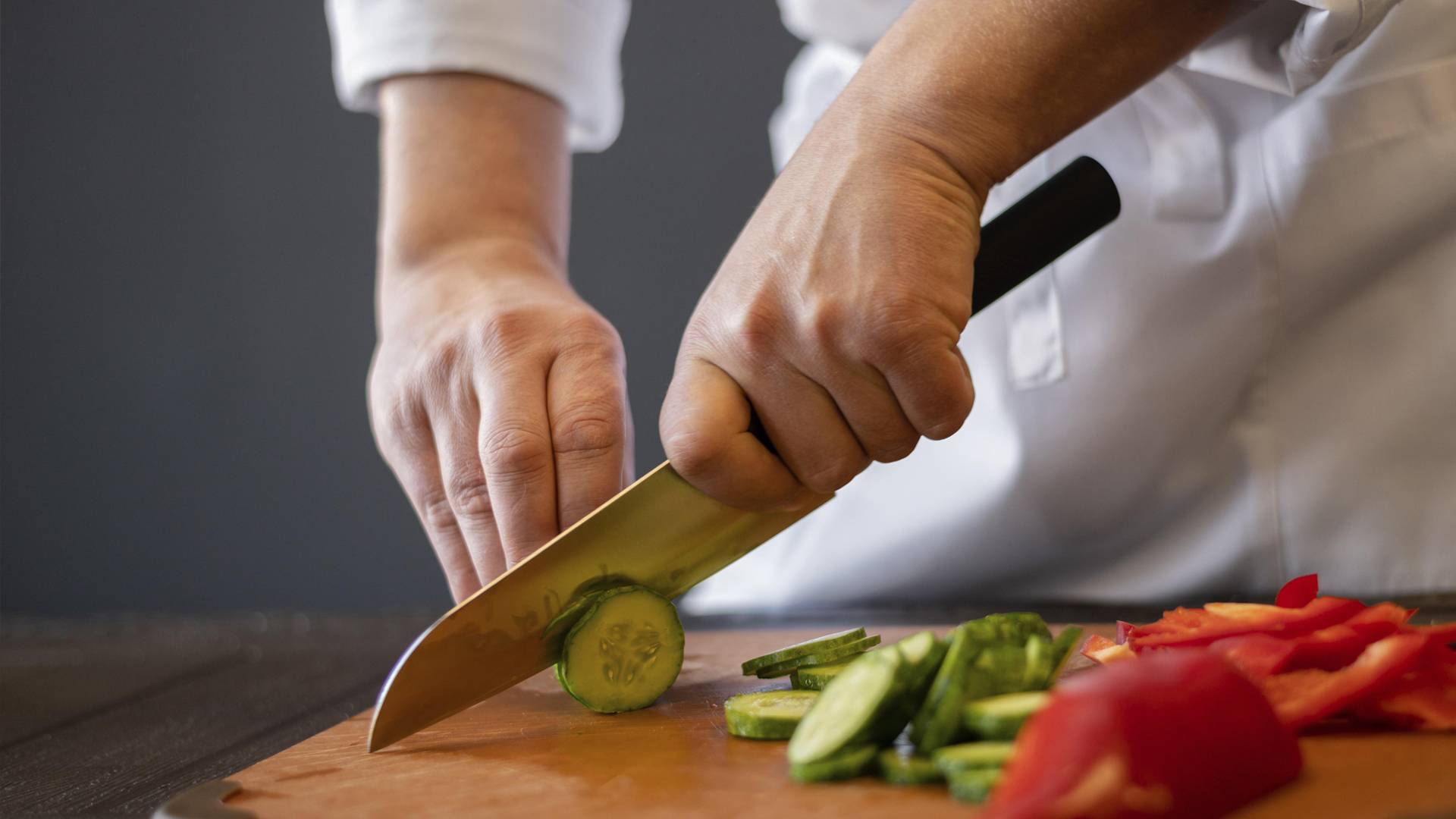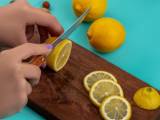Do you want to keep your knives in good condition for longer? Here are the essential tips you should follow

A good chef knows this. A good, sharp knife in good condition is the key to working accurately, quickly and safely in the kitchen. But even the best blade loses its edge if not properly cared for. And a dull knife not only ruins the cutting experience, but also becomes a risk: the more effort you have to make to cut, the greater the chance that the blade will slip and you end up with an accident instead of a perfect dinner enjoying a good Steak Tartare cut with knife.
However, it's not just the blade that's the problem. A knife that has been improperly stored, exposed to moisture or improperly washed can deteriorate much sooner than expected. Have you noticed stains on the blade? Has the handle lost its firmness? These are signs that something in its maintenance is not going well and can pose a danger. To keep your knives impeccable for years, like those pieces that chefs inherit from generation to generation, it is essential to follow some basic tips and practices.
1. Clean them properly
After each use, wash your knives by hand with hot water and soap. Avoid putting them in the dishwasher: extreme heat and aggressive detergents can damage the cutting edge and weaken the handle, especially if it is made of wood. Also, leaving knives to soak for a long time, especially after cutting acidic ingredients such as tomatoes or citrus fruits such as lemon, can accelerate blade corrosion.
2. Dry them well
Although many knives are made of stainless steel, moisture is still a big enemy. If you leave them wet or with traces of water on them, stains and even rust can appear. To avoid this, always dry them (being careful not to cut yourself) with a cotton or microfiber cloth, paying special attention to the junction between the blade and the handle.
3. Use the right cutting board
Cutting on the wrong surface is one of the fastest ways to ruin your knife's edge. You may think that a quick cut on a ceramic plate or granite countertop won't make much difference, but the reality is that those materials are harder than the steel of the cutting edge and will wear it on contact. Wooden and plastic cutting boards are the safest for your knives. Wood, in particular, is the preferred choice for many chefs because it cushions the impact of the blade and prevents the cutting edge from wearing out quickly. Plastic boards, on the other hand, are cheaper and easier to clean, making them a practical alternative for those looking for convenience. However, they can scratch over time, accumulating bacteria in those crevices.
If you want your knife to stay sharp longer, make a habit of always using a proper cutting board. It's not worth risking the sharpness of a good knife for the convenience of cutting directly on a plate or countertop.
4. Affilate them on a regular basis
A dull knife does not cut well, causes ingredients to be crushed instead of sliced, and is also more dangerous because it requires more pressure to cut. To avoid this, sharpen your knives regularly with a sharpening steel or a quality sharpener.
When is the right time to sharpen them? If you notice that when cutting an onion the knife slips on the skin instead of cutting through it easily, it's time to give it a sharpening.
5. Store them correctly
Storing knives loose in a drawer is a common mistake. Not only can they hit each other and lose their sharpness, but they can also be a hazard when you reach in to get them. The best way to store them is in a magnetic bar, a protective sheath or a knife block.
If you use a knife block, make sure the blades are completely dry before storing them to avoid moisture and bacteria buildup.
How about you?
Do you know these tips, do you apply them in your day-to-day work? Do you have any other tricks that have worked for you? Leave them in the comments and let's share knowledge to make the kitchen a more efficient and safe place!
You may also be interested in:
 Patricia González
Patricia González

Comments